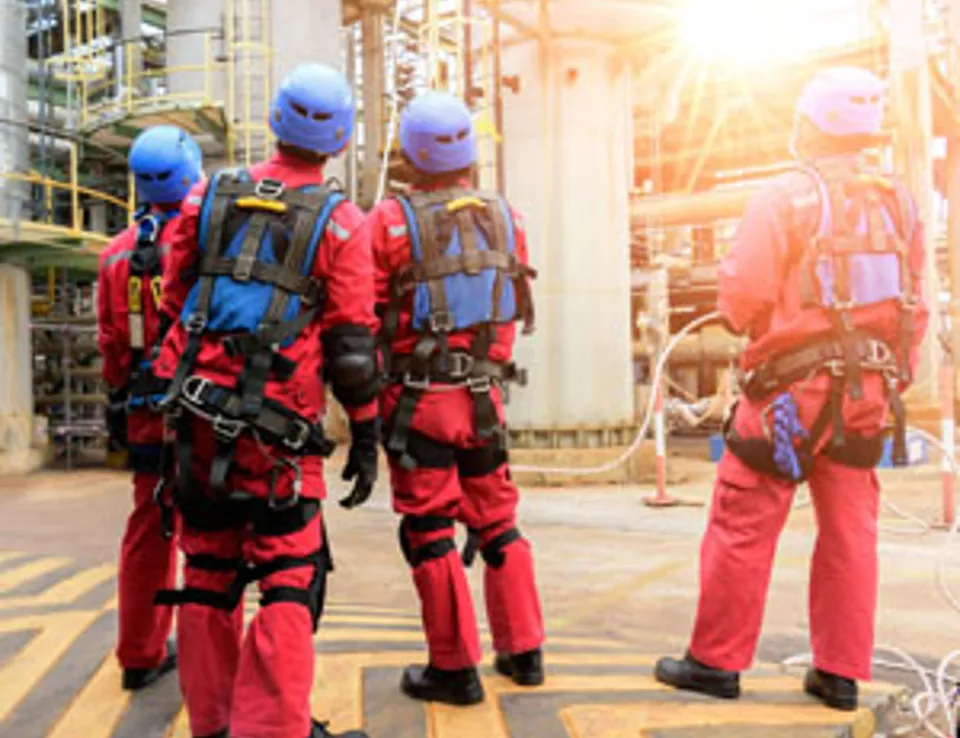Chemsafe: a national role
Chemsafe is the chemical industry’s voluntary scheme for providing expert advice to the emergency services in the event of a chemical emergency.
Designed to deliver a rapid and coordinated response to minimise the risks to people, property, the environment, assets and reputation, Chemsafe is funded by the Department for Transport and the Chemical Industries Association. This nationwide arrangement for emergency response helps protect the public, emergency services and other stakeholders in the event of a chemical incident, delivering the major benefit of reduced impact from incidents on transport infrastructure, since prolonged closure of major roads can lead to severe financial impacts on the economy.
Under the chemical industry’s Responsible Care initiative, companies must ensure that information, and possibly practical assistance, is always available for their products during transport, offering key benefits for front line emergency responders:
- Rapid access to chemical information when you need it most, 24 hours a day, 356 days a year.
- Access to a team of chemical experts and extensive database of chemical product information, including products no longer manufactured.
- Access to information on foreign products, as the scheme interacts with other national response centres across Europe.
'The call was answered quickly. The contact at NCEC was very helpful and gave concise, good quality guidance that assisted with the safe conclusion of the incident. A very good service, thank you.'
Marc House, Devon and Somerset Fire and Rescue Service
The National Chemical Emergency Centre (NCEC)
The National Chemical Emergency Centre (NCEC) is operated by Ricardo, who has performed a central role in the Chemsafe scheme since 1973, providing round the clock support via a dedicated telephone number provided exclusively to the emergency services and other nominated organisations. Advice and support are provided on any situation requiring chemical information – including emergency and non-emergency scenarios, regardless of scale or location. Our level of chemical expertise enables us to provide a proportionate response to incidents, which in turn ensures efficient and effective management of infrastructure – not just road networks, but also ports, airports and rail networks.
Offering a 24/7/365 telephone emergency response service that provides rapid, trusted and up-to-the-minute advice and supporting products that set global standards on emergency response. Our chemical emergency response telephone number receives over 300 calls per year from the UK emergency services, relating to spills, fires, reactions and other incidents in all sorts of locations – on the road network, site based, domestic settings, and many more.
We were delighted to have Minister Richard Holden celebrate our continued partnership with the Department for Transport on the occasion of our 50th anniversary through the video below:
To help operate this service, the NCEC maintains a confidential database of company and product information, including over 62,000 records containing contact details and product safety data sheets, supplied voluntarily by industry organisations. Using the information supplied and applied chemical knowledge, we provide advice to front line emergency services during a chemical incident and coordinate engagement from the company when necessary.
As well as our role in the UK, we have also supported governments and emergency services around the world in improving the standards of their national emergency response arrangements, including recent projects in Australia, Malaysia and China.
Our chemical emergency response experts also provide free training for UK emergency services, lasting approximately half a day, with the aim of developing a better understanding of the Chemsafe scheme, and the support available from the NCEC. As part of this we include some technical training sessions on individual chemical exposure (ICE) incidents, waste fires, the impact of GHS and CLP regulations on labelling and symbols and the value of proportionate response.
Obtain the 24-hour Chemsafe number - Contact us today >
 |
 |
 |
More resources for the Public Sector >









